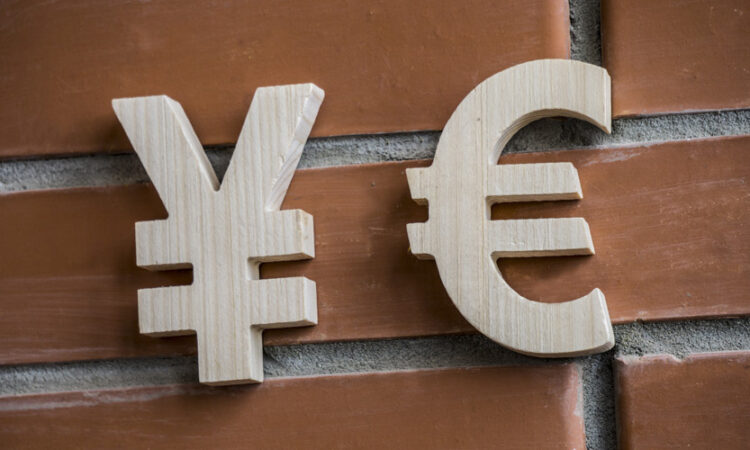
On Tuesday, the European Union and China had trade and economic discussions via video conferencing in which supply chains and central bank digital currencies (CBDC) featured. However, the politically independent European Central Bank (ECB) has responsibility for a CBDC and they were not a participant.
The tone of the announcements from each side was a little different. The EU emphasized the need for reciprocity and access to China’s market, which was mentioned by European Commission EVP for the Economy, Valdis Dombrovskis and Commissioner for Trade, Phil Hogan.
The meeting was attended by Chinese Politburo member and Vice Premier of the State Council Liu He, joined by several Chinese deputy ministers. The Chinese announcement stated that “both parties are committed to continuing to promote the internationalization of the euro and the renminbi.”
Additionally, it said that the parties agreed to “strengthen information sharing and exchanges and cooperation in the fields of digital currency and financial technology.”
The European Commission statement said the parties discussed “the international role of the Euro and of the RMB.”
“The current crisis gives us no other option but to work hand in hand with our global partners, including China. By pulling together we can recover more quickly economically, and make progress on areas of mutual interest such as trade and investment relations,” said Dombrovskis.
In China, the central bank may be centrally directed, but in the EU, the European Central Bank (ECB) is an independent body. It has the right to issue banknotes and is conducting CBDC research. Regarding independence, the ECB states that it is not allowed “to take instructions from EU institutions or bodies, from any government of an EU Member State or from any other body.”
The news of cooperation follows recent claims by a Japanese news outlet that the meetings later this year of the G7 will include discussions of a CBDC. China is not part of the G7 and other international CBDC collaborations have not mentioned China publicly. However, the Bank for International Settlements (BIS) set up one of its first BIS Innovation Hub’s in Hong Kong, although there isn’t one on the mainland.
Of the major powers, China is seen as the most advanced in progressing the digital yuan, also called the DCEP, and is planning a second round of pilots. Meanwhile, the EU is ramping up its research for a digital euro and is being encouraged by individual states such as France, which is running its own wholesale CBDC trials.



